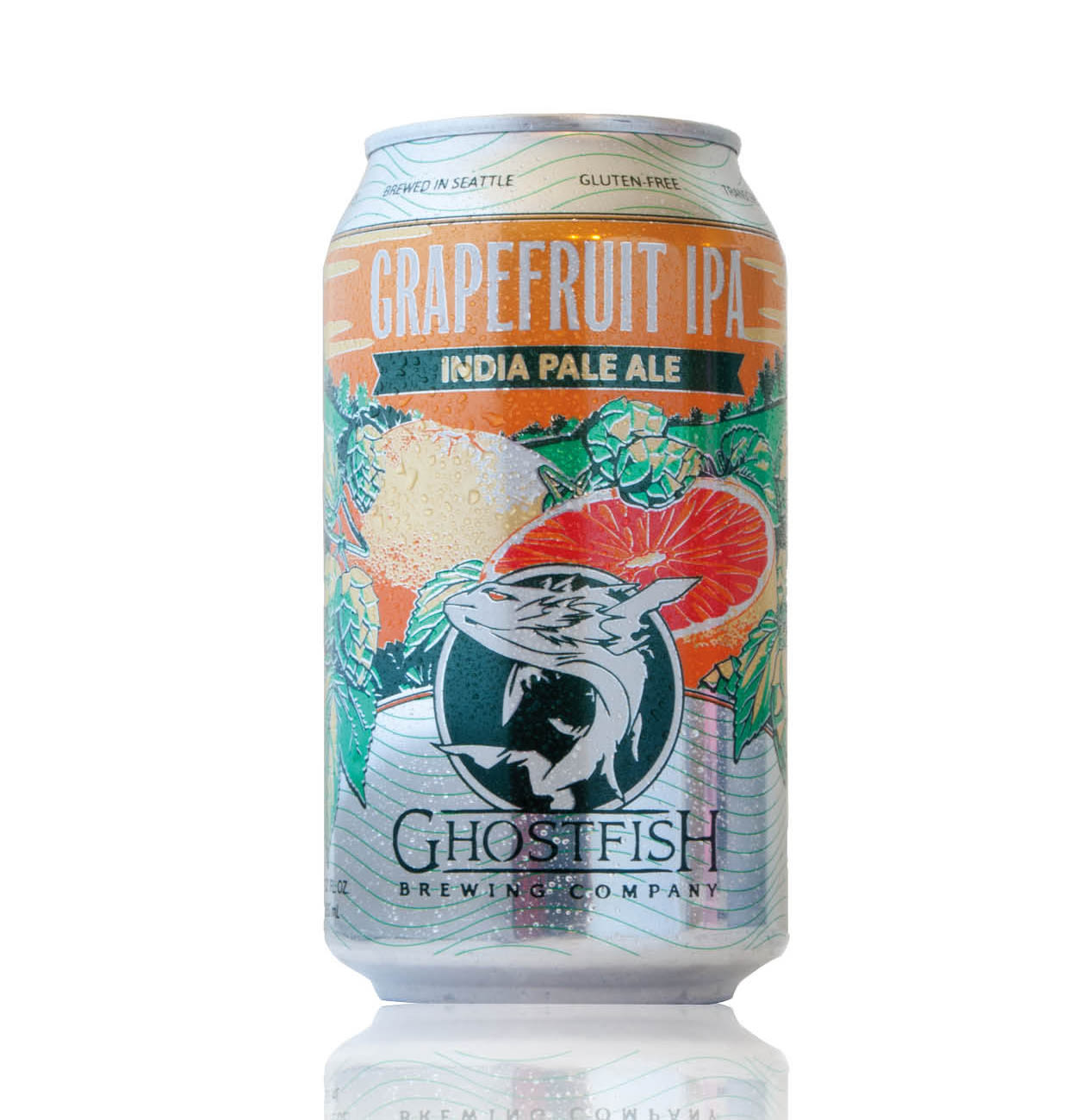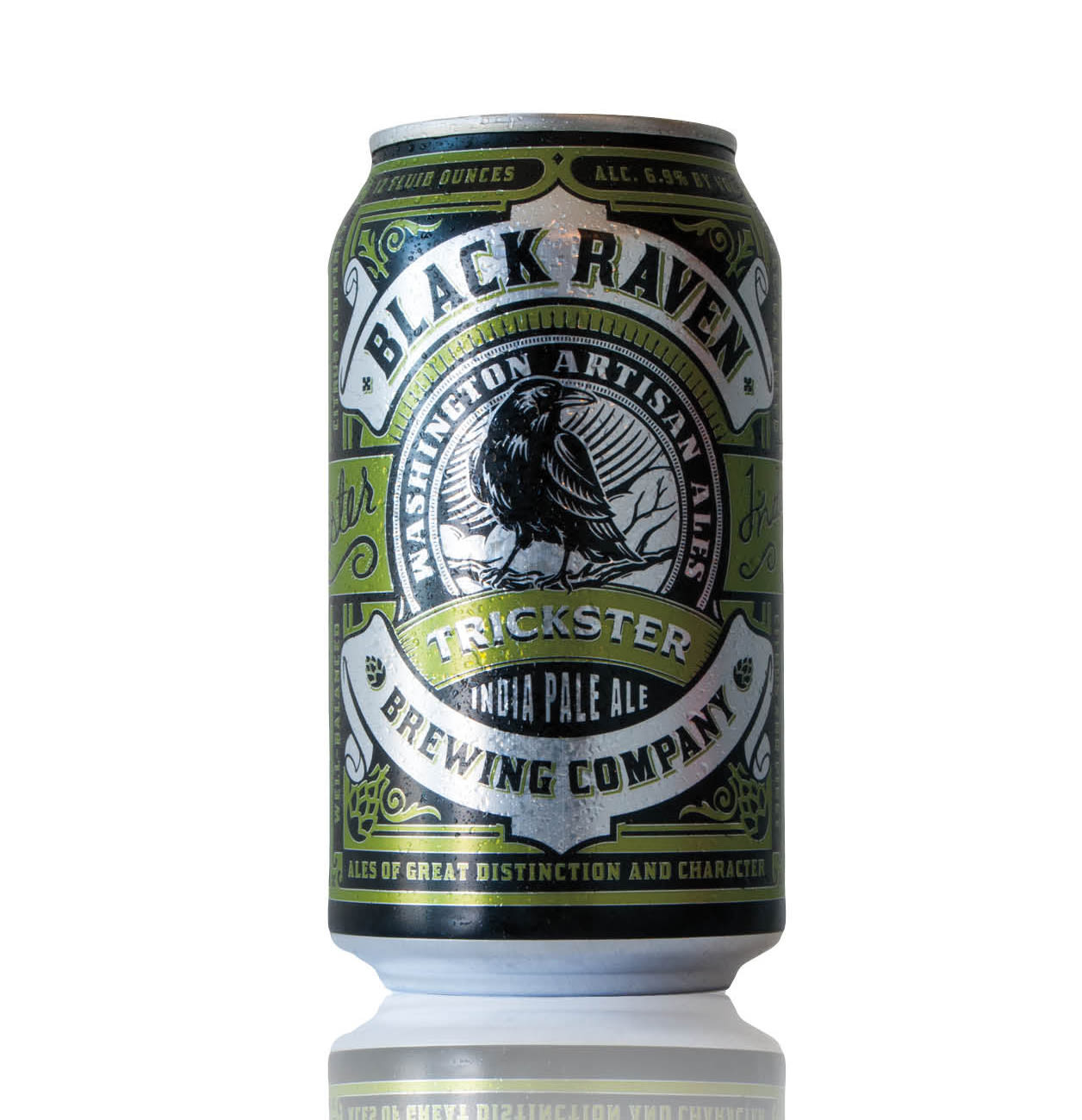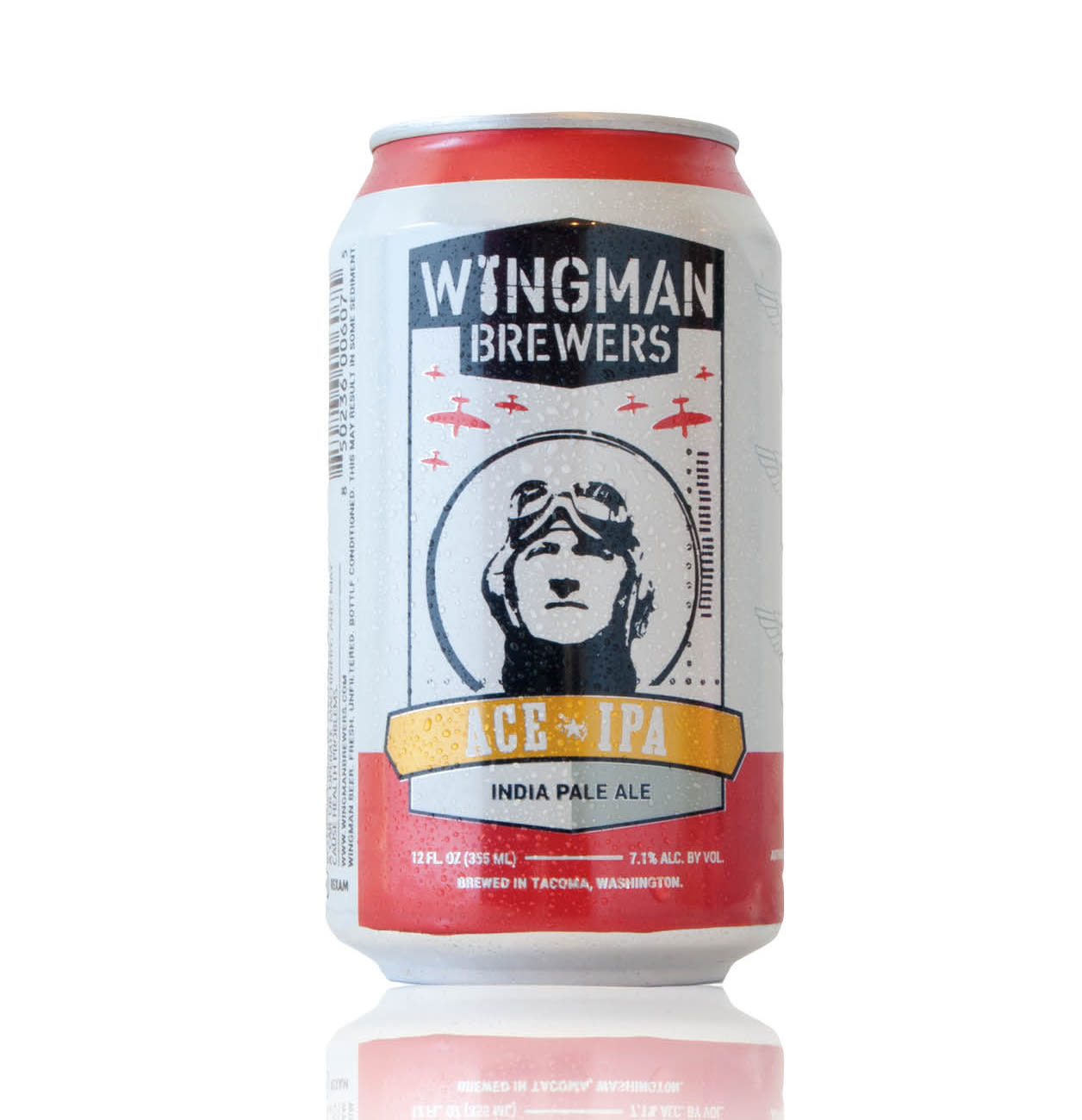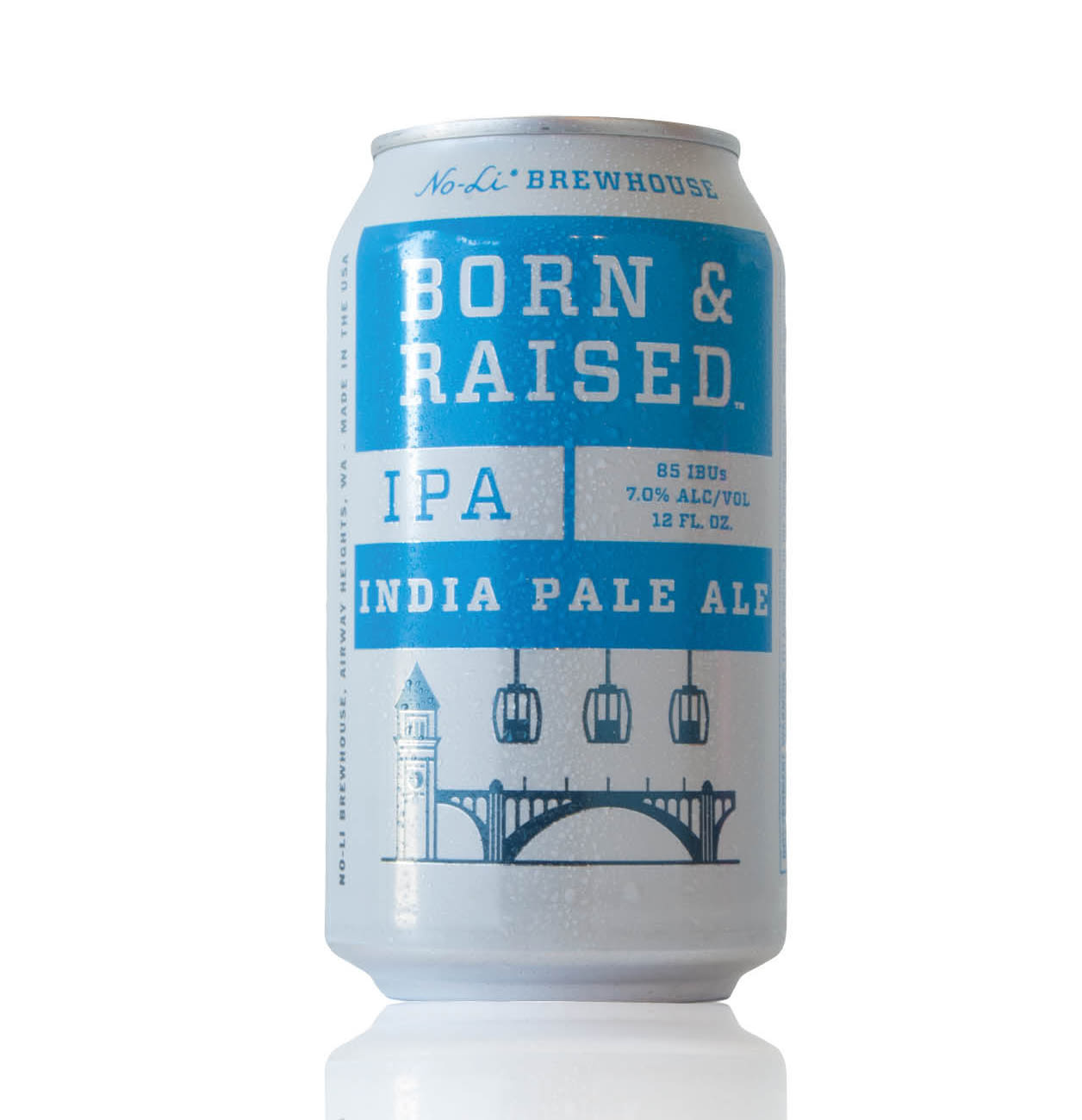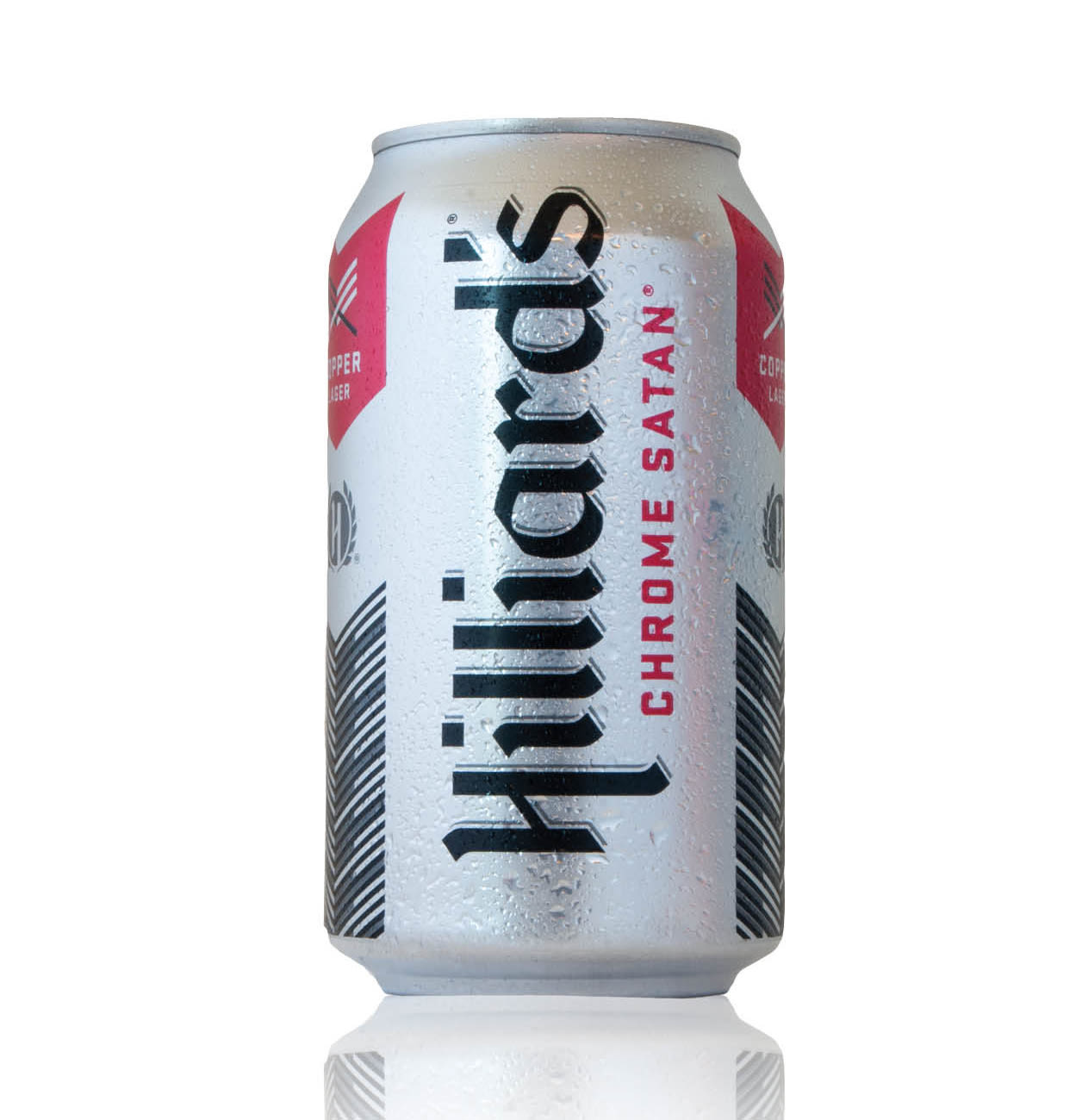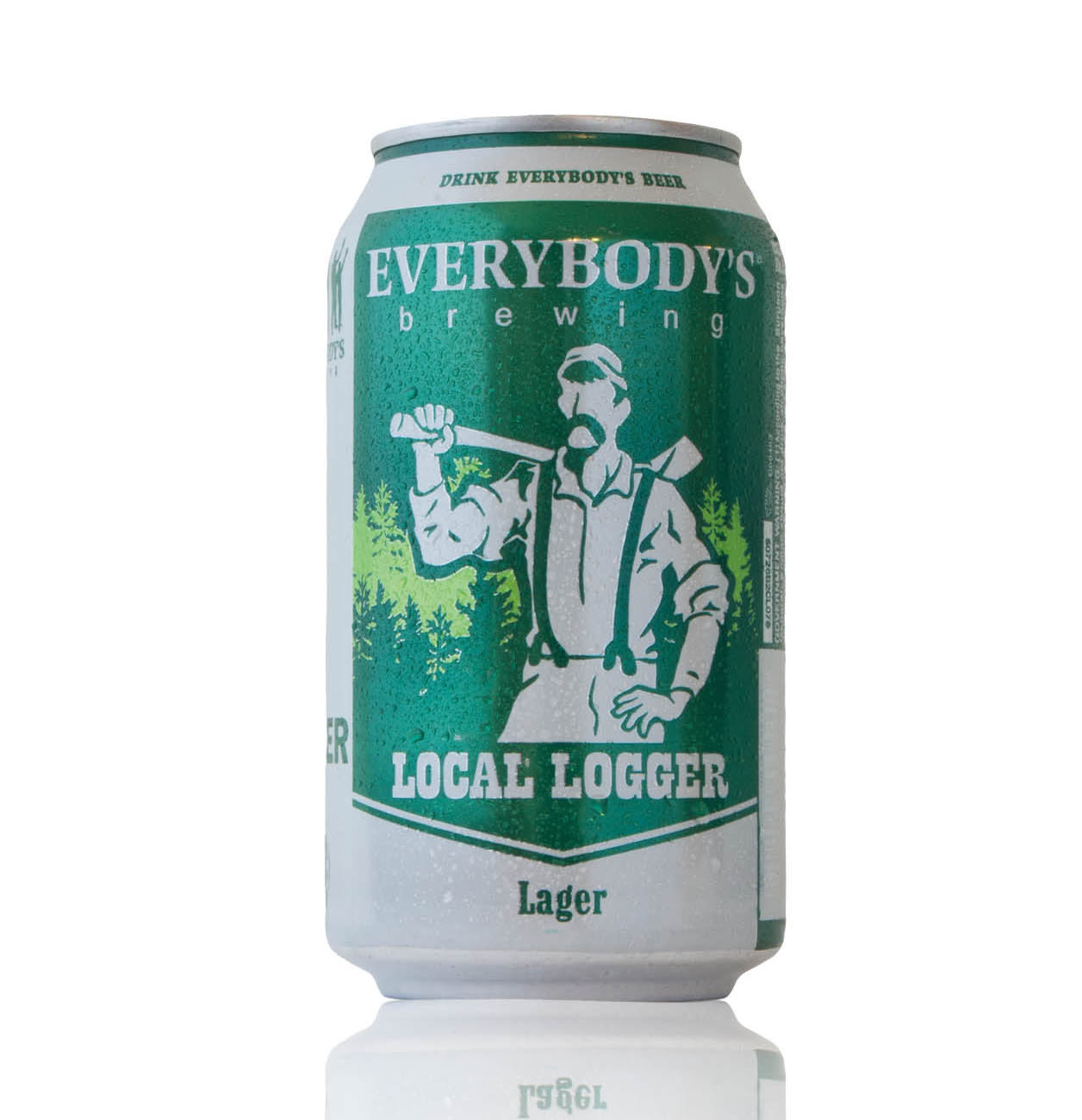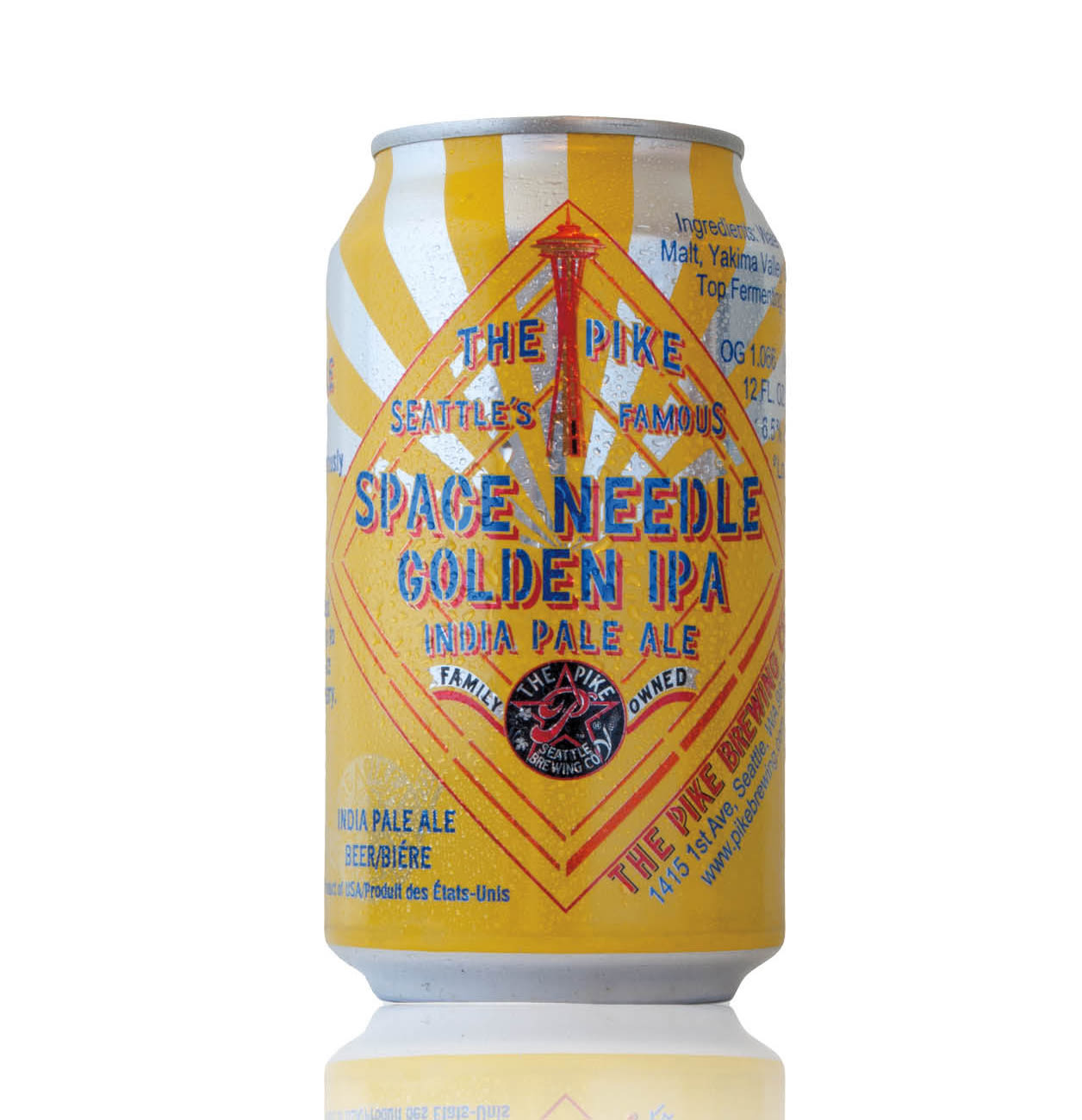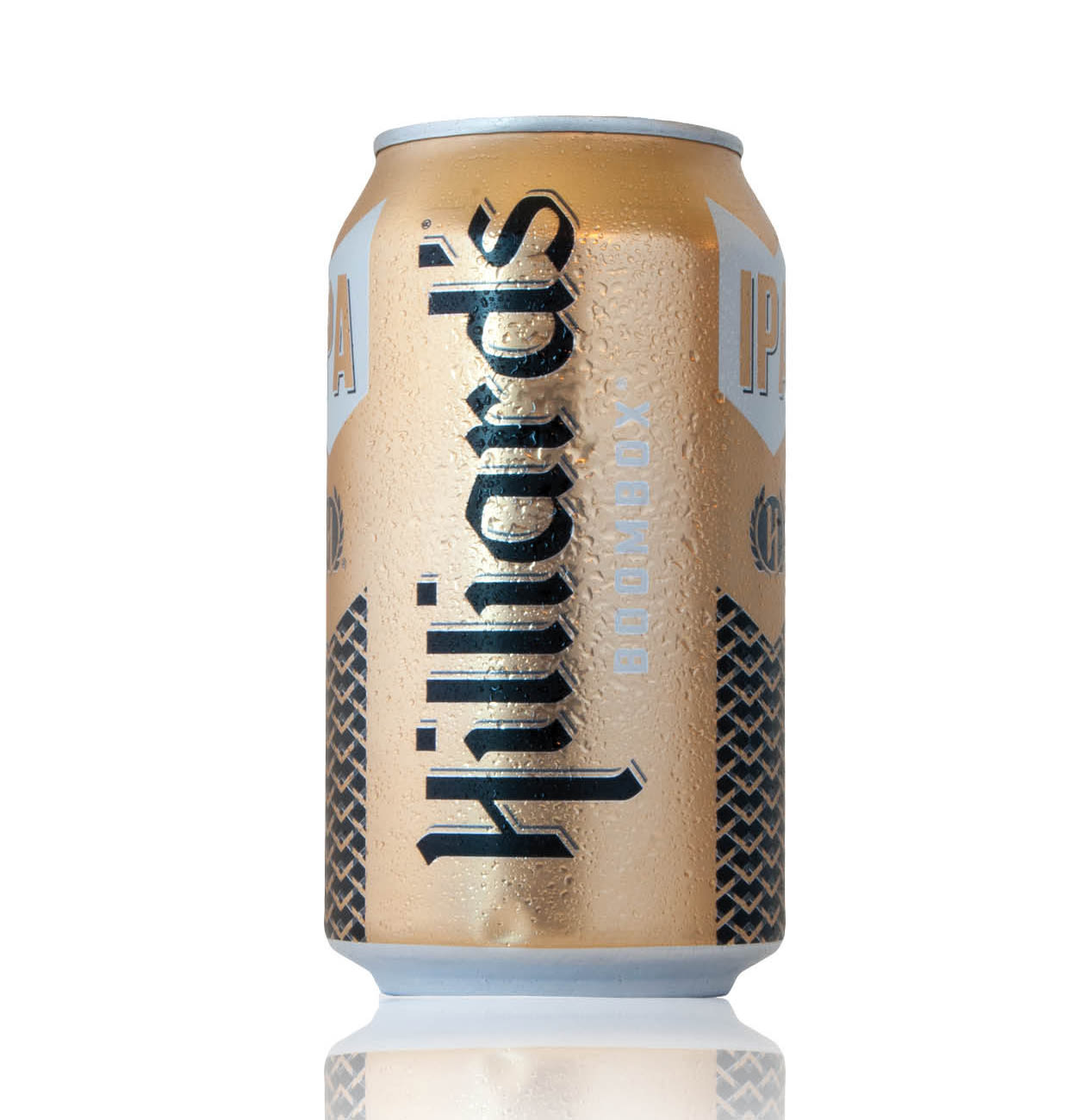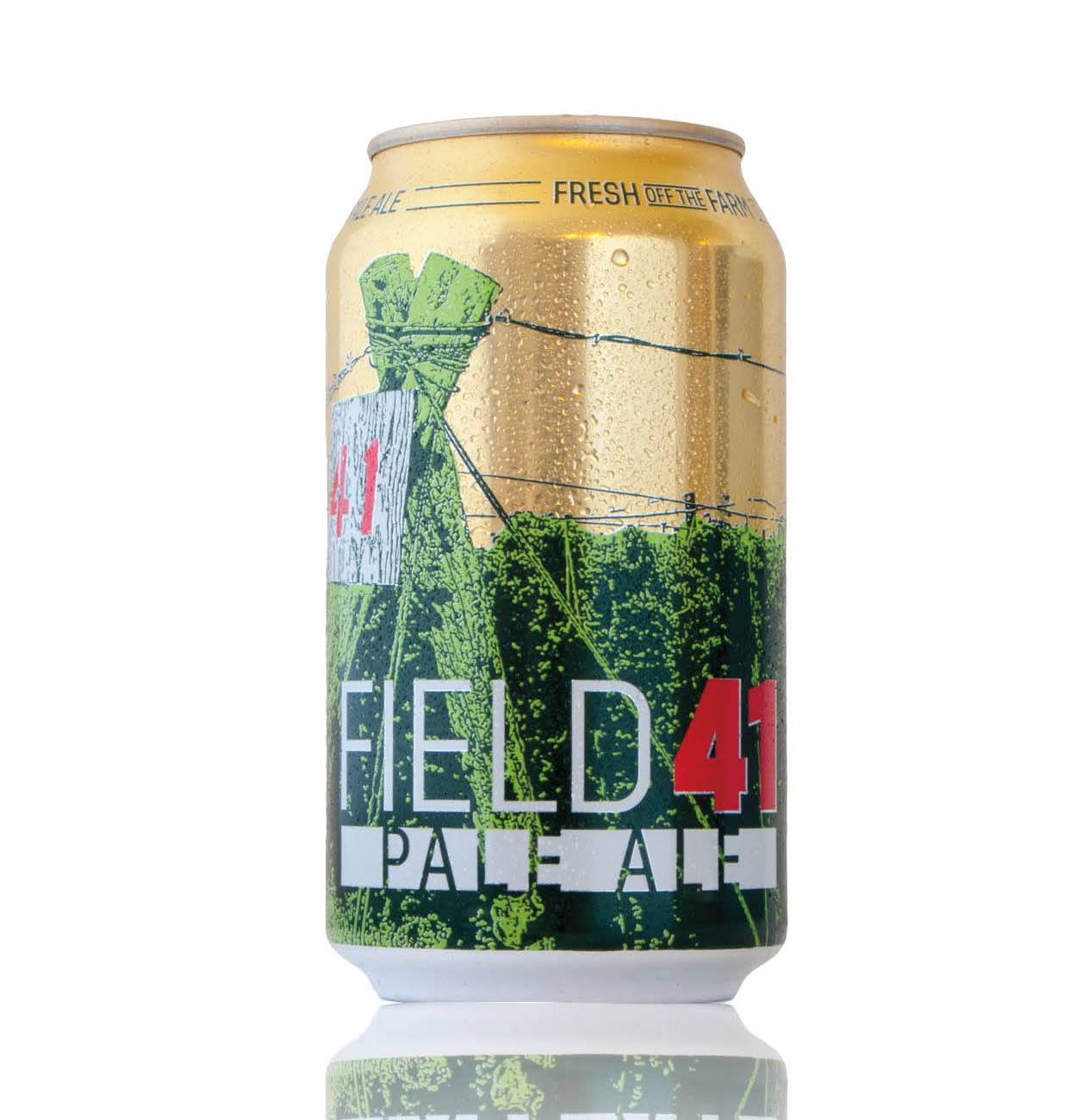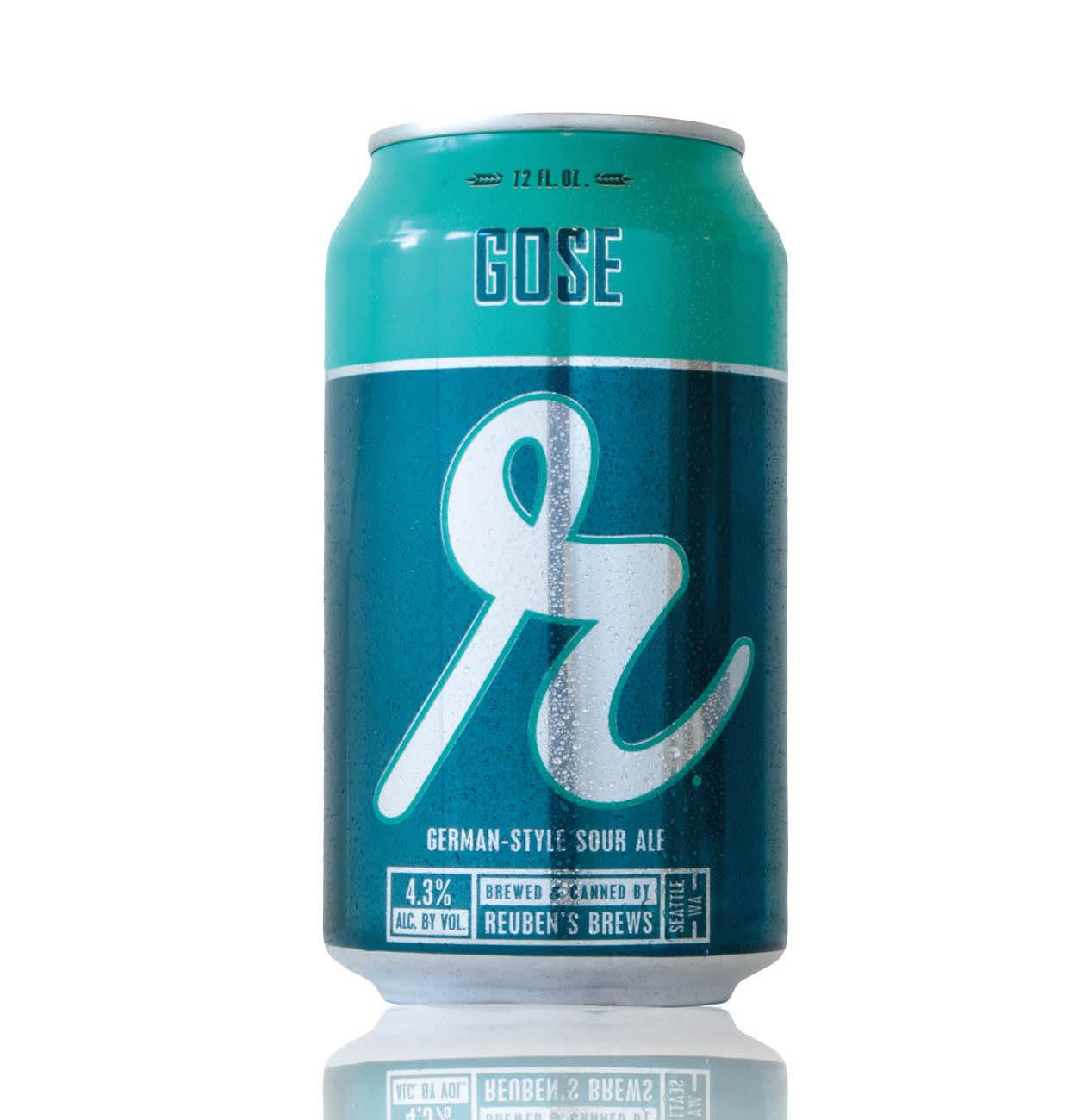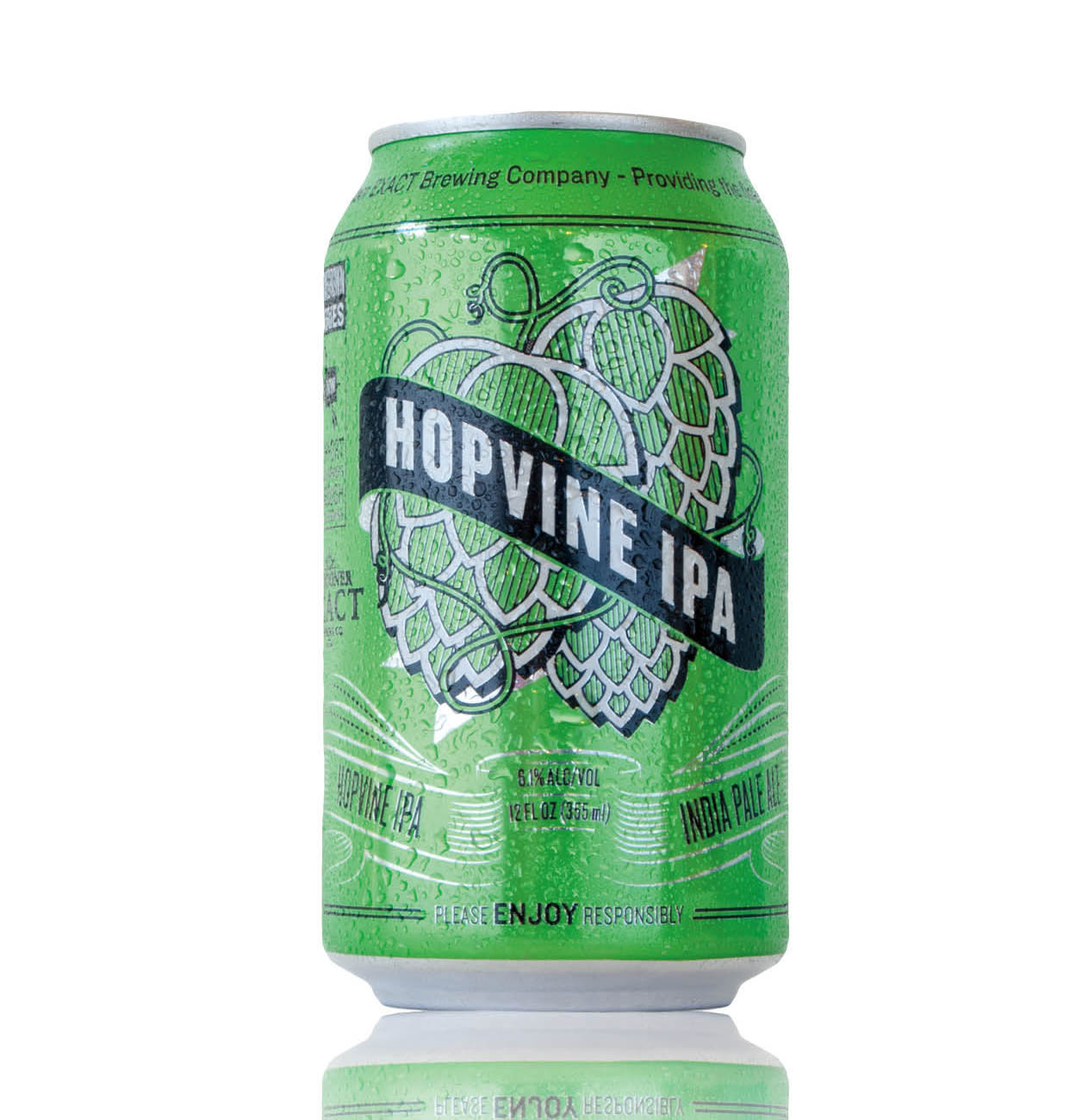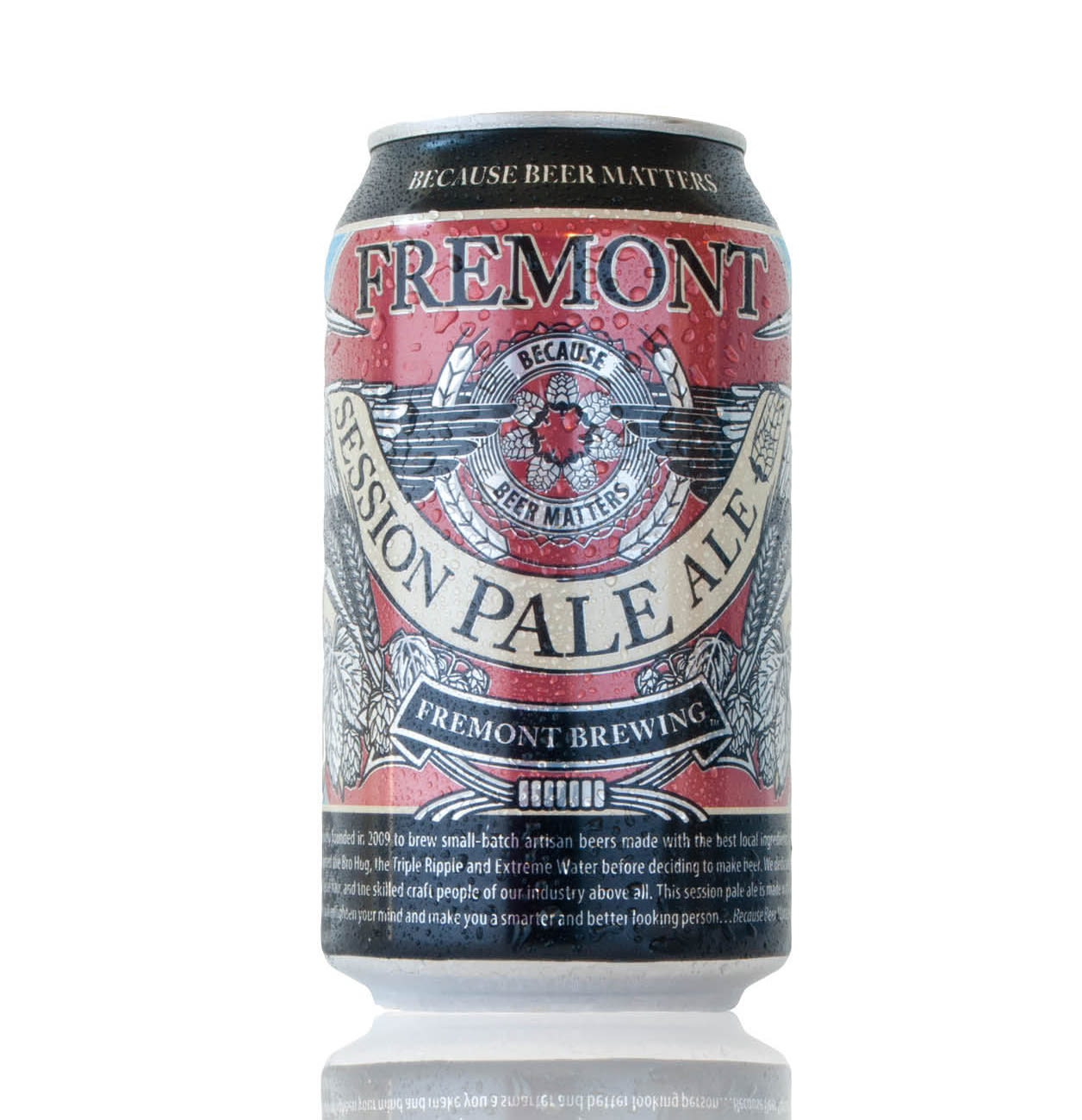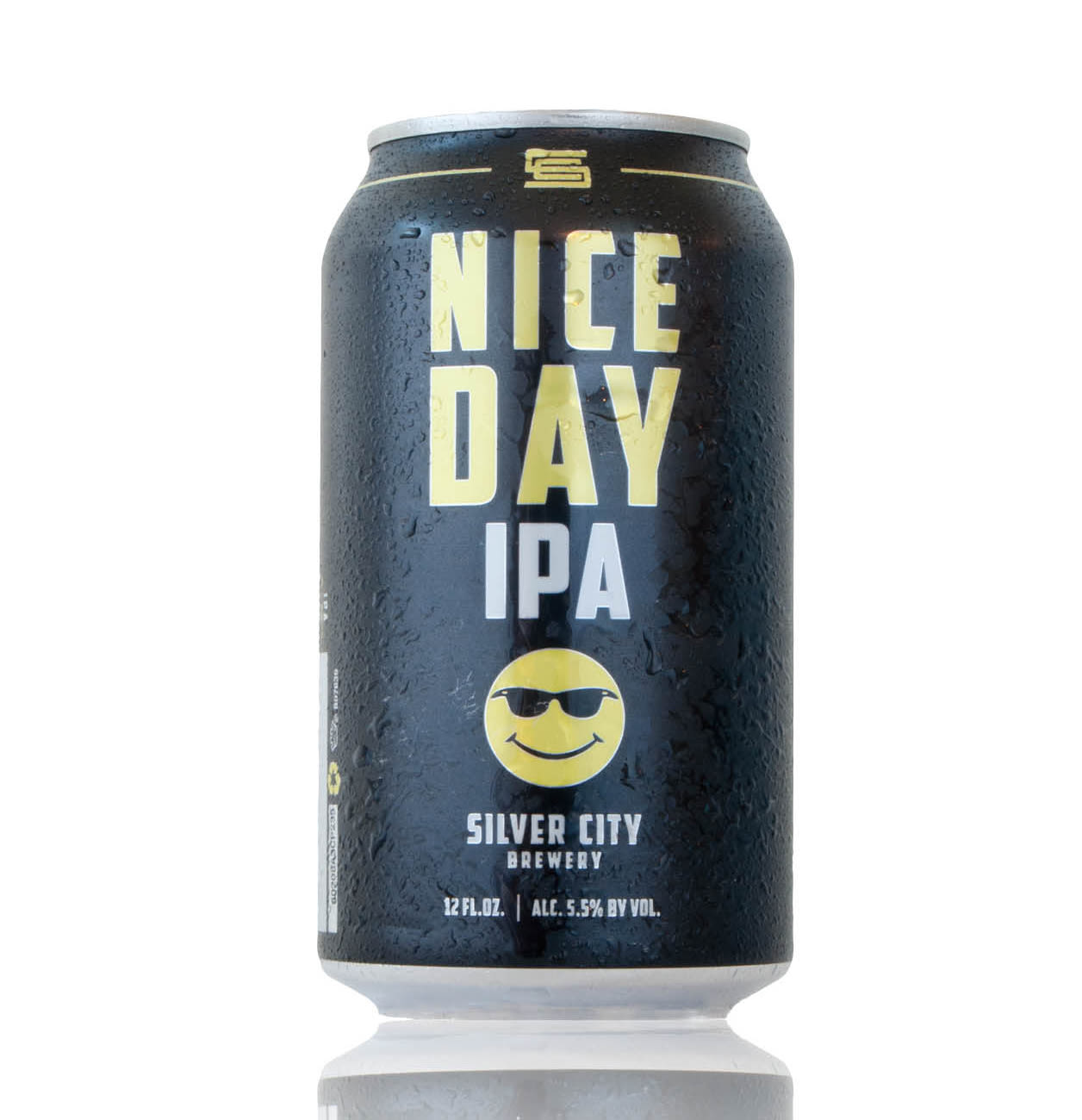Beer in a Can: Seattle's Summer Drink of Choice
Photos by Sara Marie D'Eugenio
Five years ago, it was a novelty: carefully crafted IPAs or pale ales foregoing long-necked amber bottles to slum it in a common can. These days the state’s elder brewers—Schooner Exact, Black Raven, now even Pike Brewing—are just as likely to can as newer comers like Bale Breaker and Kulshan.
Nothing anticipates beer’s brisk, restorative powers like the visceral crack and whoosh of a popped tab, but the appeal isn’t just aural. Cans chill faster than bottles. They’re easier to tote to beaches and barbecues, and won’t shatter into a million party-fouling pieces along the way.
And yet, the beer can’s infiltration was slow. It’s not easy being the vessel that symbolizes watery mass-market brews, sweaty college parties, or nights spent erasing the day’s indignities with a cheap buzz. Plus brewers have to shell out for what Adam Robbings of Reuben’s Brews describes as “basically a semi truck load of cans.” Bottles simply need paper labels; brewers must preorder roughly 8,500 cases of printed cans at a time—a volume way more suited to summer sessionables than winter’s high-octane masterpieces. Still, says Robbings, they’re “the package of tomorrow.” It also doesn’t hurt that today’s cans sport colors and graphics too vivid to conceal with a koozie.
There’s more personality inside too. Thanks to beers like the legitimately tasty gluten-free IPA from Ghostfish Brewing, the salty-tart gose Reuben’s Brews chose as its inaugural canning this year, and certainly Silver City’s Ziggy Zoggy—our gold standard of summer lager—the humble can has officially become a new kind of symbol: of beer’s middle ground between precious and primitive, but also trading winter’s moody concoctions for drinking in the sunshine.
